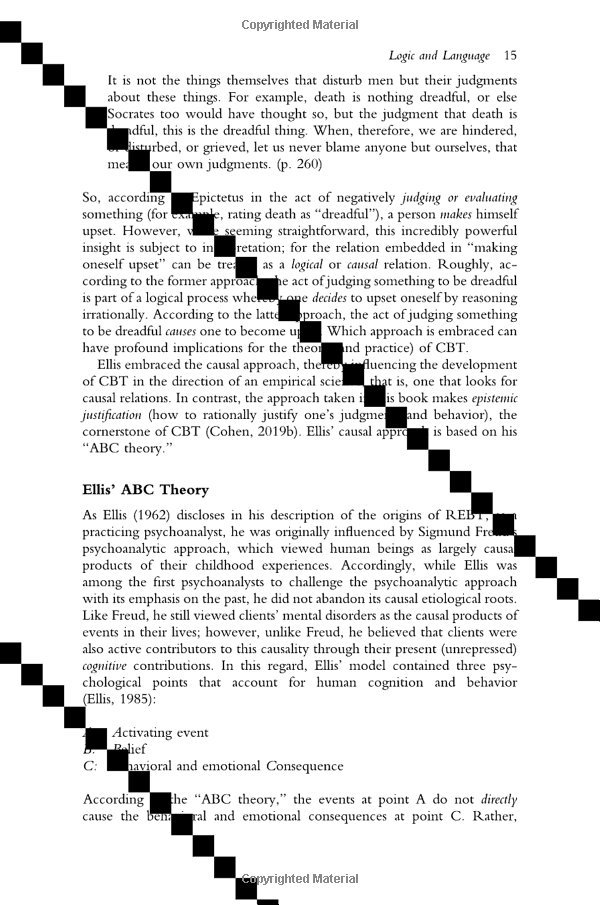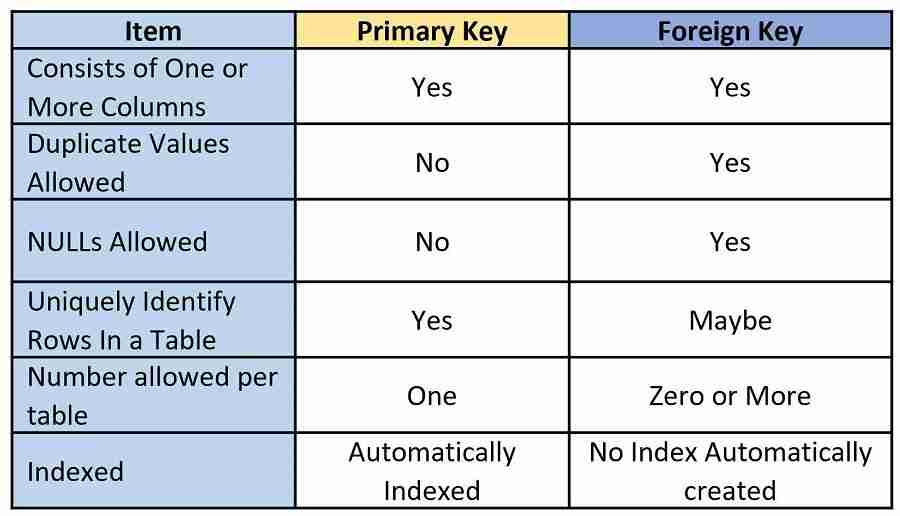Understanding the Key Differences Between a Conventional and FHA Loan: A Comprehensive Guide
### Difference Between a Conventional and FHA LoanWhen navigating the world of home financing, understanding the difference between a conventional and FHA l……
### Difference Between a Conventional and FHA Loan
When navigating the world of home financing, understanding the difference between a conventional and FHA loan is crucial for potential homeowners. Both loan types serve unique purposes and cater to different borrower needs, making it essential to grasp their distinctions to make an informed decision.
### What is a Conventional Loan?
A conventional loan is a type of mortgage that is not insured or guaranteed by the federal government. These loans are often offered by private lenders, such as banks and credit unions. Conventional loans typically require a higher credit score compared to FHA loans, often needing a score of at least 620. They also usually require a larger down payment, often around 5% to 20% of the home's purchase price.
One of the main advantages of a conventional loan is that it does not require mortgage insurance if the down payment is 20% or more. This can result in lower monthly payments compared to loans with mortgage insurance. However, if the down payment is less than 20%, borrowers will need to pay for private mortgage insurance (PMI), which can increase monthly expenses.

### What is an FHA Loan?
On the other hand, an FHA loan is a government-backed mortgage insured by the Federal Housing Administration (FHA). These loans are designed to help low-to-moderate-income borrowers qualify for a mortgage, making homeownership more accessible. FHA loans typically have more lenient credit score requirements, allowing borrowers with scores as low as 580 to qualify with a down payment of just 3.5%.
FHA loans require mortgage insurance premiums (MIP), which are added to the monthly payment and can make them more expensive over time. However, the lower down payment and more flexible credit requirements can be beneficial for first-time homebuyers or those with less-than-perfect credit.
### Key Differences Between Conventional and FHA Loans

1. **Credit Score Requirements**: One of the most significant differentials between a conventional and FHA loan is the credit score requirement. Conventional loans generally require a higher score, while FHA loans are more lenient.
2. **Down Payment**: Conventional loans typically require a higher down payment, which can be a barrier for some borrowers. FHA loans allow for a much lower down payment, making them more accessible for first-time buyers.
3. **Mortgage Insurance**: With conventional loans, if the down payment is less than 20%, PMI is required, but it can be canceled once the borrower reaches 20% equity. FHA loans require MIP for the life of the loan, which can lead to higher overall costs.
4. **Loan Limits**: FHA loans have specific limits based on the area, which can restrict borrowing amounts in high-cost areas. Conventional loans may have higher limits, depending on the lender's guidelines.

5. **Interest Rates**: FHA loans often have competitive interest rates, especially for borrowers with lower credit scores. Conventional loans may offer better rates for borrowers with excellent credit.
### Conclusion
In summary, the difference between a conventional and FHA loan lies in their eligibility requirements, down payment options, mortgage insurance policies, and overall costs. Understanding these differences can help potential homebuyers choose the best financing option for their unique situations. Whether you are a first-time homebuyer or looking to refinance, knowing the distinctions between these two loan types is essential in making an informed decision that aligns with your financial goals.